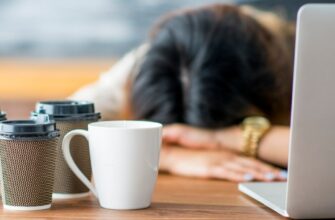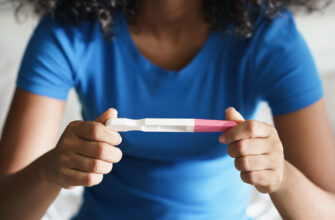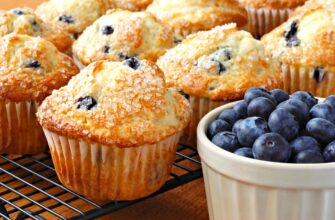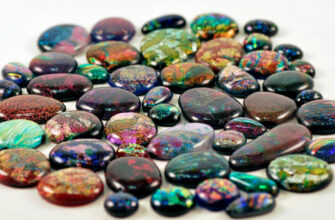The Reality: It’s All About the Quality of Your Water
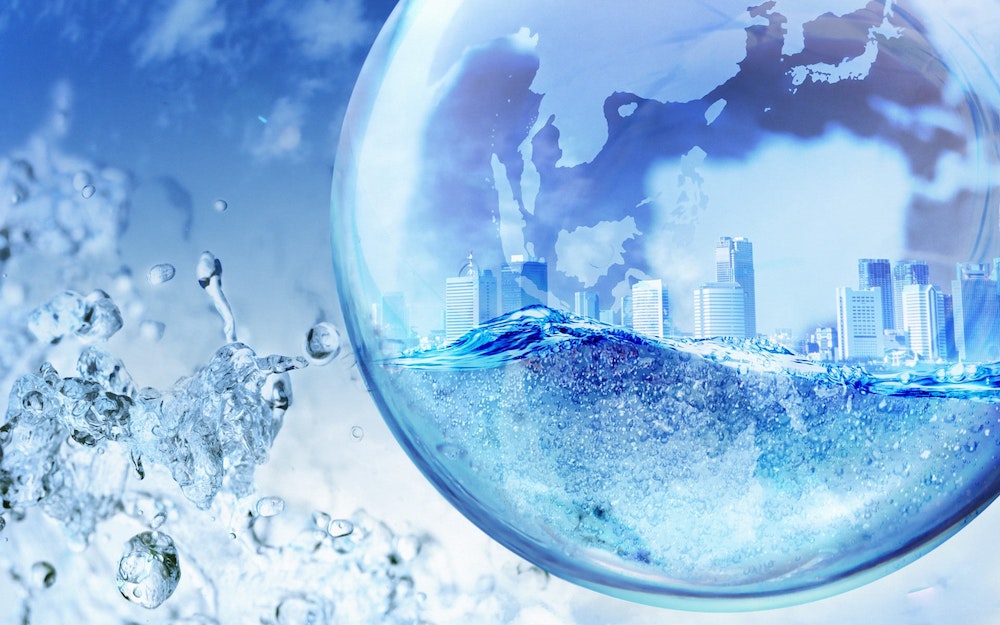
In actuality, the more times you boil your water, the more concentrated the contaminants are. But! There is always a but, though! The sums are insignificant since they are so little.
Nitrates, arsenic, and fluoride should never be present in high concentrations in water to begin with.
To regulate these levels, water providers in cities should be watched over. So, even if you’re drinking water straight from the faucet, it should be okay. For instance, nitrates are most frequently found in fertilizers or subterranean water sources. You shouldn’t drink the city water because of this.
Double boiling your water won’t solve your problem if it has significant quantities of these toxins. In actuality, the chemicals in water improve when it is boiled. Because it eliminates any harmful bacteria or germs that might be present in the water, it becomes safer for us to drink.
Most of us don’t boil filtered water for this specific reason because we don’t have to. We’ll boil off everything unwelcome from our tap water. Therefore, everything depends on the quality of your water before it was ever boiled.
Water testing is done by water companies, who can inform you of any potential problems. You can have your water tested if you use well water or are worried about lead from plumbing. It’s important to remember that reboiling doesn’t considerably raise the concentration of harmful substances already present in water. Filtered source water from a contaminated area should be boiled only once, not twice. Boiling and reboiling uncontaminated water is safe.
Reboiling Water May Affect Flavor
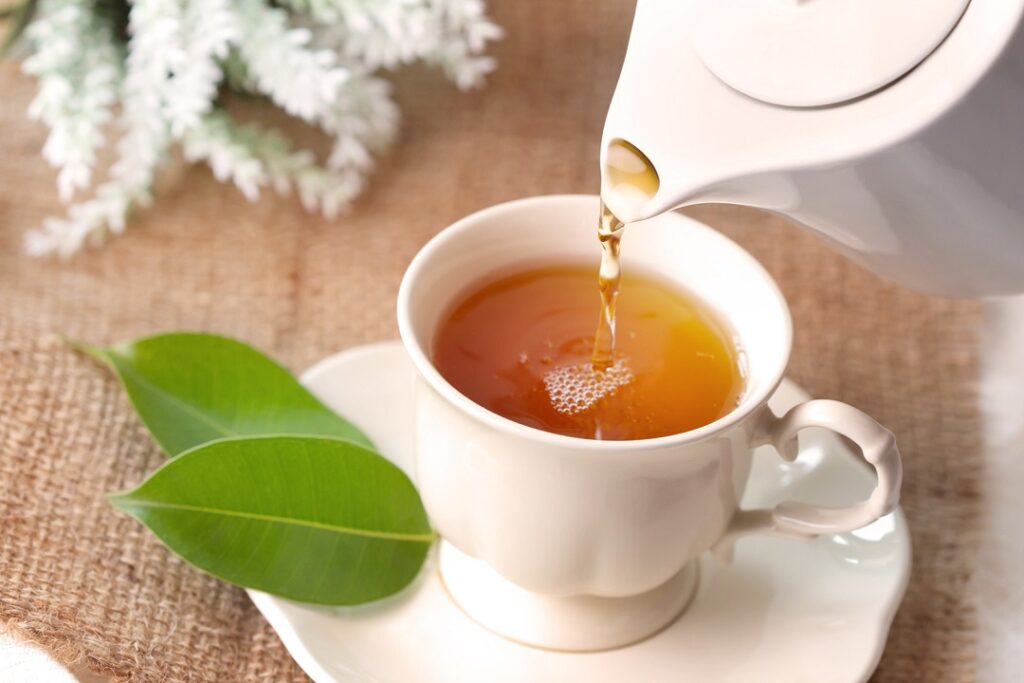
Reboiled water may change the flavor of coffee or tea, but this is not a safety concern. This is due to the large number of small air bubbles present in fresh water. When water is heated, dissolved gases slightly raise its acidity, which improves the extraction of flavor-enhancing chemicals.
Additionally, some report that boiled water tastes bland. It is therefore better to use cold, fresh water to brew coffee or tea. Few individuals may be able to determine if you used fresh water or reboiled water because the difference is so slight. The source and concentration of the water’s dissolved minerals, along with the coffee or tea, have a far greater impact on the final product’s flavor.
Additionally, it’s important to remember that the ideal temperature for making coffee and tea is lower than the boiling point of water, thus reboiling water may not even be necessary.
Conclusion
In general, boiling water, letting it cool, and then boiling it again poses no health danger. The recommended practice is to just reboil water once or twice before beginning again.
Minerals and other compounds in the water are concentrated when the water is boiled again. Therefore, avoid reboiling your source water if it contains excessive levels of nitrates, arsenic, or other harmful compounds.
Similarly, it’s best to avoid reboiling water if your water contains a lot of calcium and you have health concerns that are impacted by the mineral. Even so, switching to distilled or reverse osmosis-purified water can be worthwhile. Pure water’s chemical makeup is unaffected by reboiling.


